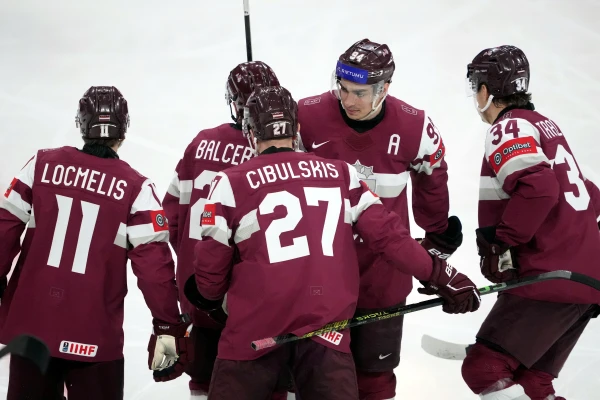
Last week in the Riga City Council meeting hall, Mayor Viesturs Kleinbergs honored Latvian para-athletes. Athletes in wheelchairs overcame all obstacles and won medals. Meanwhile, the XXV Winter Games in Milan will take place very soon — from February 6 to 22, 2026.
How our national team will perform at the prestigious world sports festival largely depends on funding. It is also intended to be cut, just like other non-military expenditure items!
"Improving the quality of life of society"
Such a goal for physical education and sports is outlined in the National Development Plan of Latvia until 2027. Although it was adopted in ancient times, when there was no talk of any war in Eastern Europe — and even the concept of coronavirus was unknown. In the late 2010s, it was envisioned that the population of Latvia would enthusiastically engage in physical activity, exercising at least a couple of times a week for half an hour, among those aged 15-74. The share of amateur athletes was expected to rise from 25.4% in 2018 to 28%.
Accordingly, international high-performance sports were supposed to grow — from 137 events to 165 over 9 years. The number of spectators attending competitions was projected to increase from 23,122 to 26,000 per year.
"The mission of sports policy is to have more physically and athletically active people for a more athletic Latvia," the document from the Ministry of Education and Science states. "The main motivation of sports policy is sports for quality of life and health. The goal of developing the main guidelines is to promote regular participation of the population in physical activity, develop talents, and create conditions for achieving outstanding results in sports. Among the aforementioned areas of sports policy, the development of youth sports is recognized as a priority."
Your author can confirm, based on their own family example, that indeed, 2 out of 3 members are active in physical education. My son recently finished his time with a basketball team (training was partially funded by the Riga City Council) by winning a silver medal in the Latvian youth championship, and he now attends an athletic gym three times a week for an hour and a half. My own swimming routine is 2 hours daily. Thus, one could say we cover for a few average individuals. We train, so to speak, for ourselves and for that guy.
By the way, we invest only our own money — together we spend about 120 euros a month. That means we also contribute a corresponding share to GDP. However, in terms of entertainment, there is a certain bonus — my son, thanks to his Ukrainian friend, attends matches of teams from that country when they take place in Riga.
Federations have been assigned responsibilities
A recently introduced regulation states that starting in 2025, all sports federations in Latvia must spend half of the state subsidies they receive on youth programs. By the way, the age limit is quite extended — up to 23 years, which means it includes a certain level of professional maturity in several disciplines.
The question is where to find so many children. According to statistical forecasts, by 2032, the number of schoolchildren will decrease by 10%. Moreover, the popularity of various sports is, to put it mildly, uneven... Nevertheless, this year there were 41,154 children engaged in sports in Latvia. There are 80 funded and 11 non-funded sports schools, with 1,752.24 teaching positions utilized. Just like that, down to tenths and hundredths of a share!
Another expenditure item is "popular sports." For it, 500,000 euros are planned to be allocated in 2026.
Despite the fact that all sports competitions are held according to a pre-established schedule, for Latvia, this remains somewhat of a surprise. Thus, under the "funds for unforeseen expenses" item, until October 2025, the largest monetary subsidy was received by the Latvian Olympic Committee for preparation for the games in Milan and Cortina. The question is — is 1,056,150 euros a lot or a little?
For comparison, the same Paralympians were allocated 99,490 euros for the "white" Olympics, while the Latvian Basketball Union received 337,893 euros for organizing the recent Euro-2025 final. In November, the Latvian Deaf Sports Federation will receive 52,195 euros to participate in the XXV Deaf Olympics in Tokyo.
Fewer people and medals
Meanwhile, next year Latvia will participate in the 14th Winter Olympic Games since its first appearance in Chamonix, France in 1924. Victories of Latvian Olympians under the banner of the USSR are no longer counted, yet since 2006, the team has a round figure of 10 won medals. The maximum number — five — was won at the 2014 Olympics in the Russian resort of Sochi, where the only "gold" in history was also achieved. In 2022, only 1 "bronze" was brought back from Beijing.
Despite the quite cold climate in our republic, the total number of awards is limited to just one direction — in bobsleigh, there was 1 gold and 2 bronze medals; in luge — 1 silver and 4 bronze; in skeleton — 2 silvers.
Nevertheless, it is expected that 42 Latvian Olympians will fly to Italy in 2026 and compete in 5 sports. By the way, the maximum number of participants was reached in the pre-crisis year of 2006 in Turin and in 2014 in Sochi — both times with 57 athletes!
In total, the budget for sports in the country in 2026 will be 52,373,955 euros, compared to 56,434,141 euros in 2025. Logically, if we have the XXV Olympics approaching, shouldn’t we strive to make the country look respectable? But apparently, this does not fit into the logic of the department of Dace Melbarde from "New Unity."
At a meeting of the Saeima subcommittee on sports, deputy Oleg Burow called it "mockery" that neither the leadership of the Latvian Olympic Committee nor the head of the Ministry of Education and Science's Department of Sports, the famous beach volleyball player Alexander Samoilovs, participated in the budget discussions. The minister's party member, Davis Martinsh Daugavietis, parliamentary secretary of the Ministry of Education and Science, admitted: "We accept the criticism."
For his part, the Deputy State Secretary of the Ministry of Education and Science for Sports and Youth, Edgars Pukinskis, stated: "The sports budget is an important issue!" The Ministry oversees 100% of the Latvian National Sports Center, which, in turn, owns infrastructure that does not generate profit. Among the latter is the famous luge-bobsleigh complex in Sigulda. The foundations of this sport were laid in the late 19th century in his estate by Prince Nikolai Kropotkin, Vice-Governor of Livonia, and in 1986, a modern track was built at that time, which is still used today for the country's "gold."

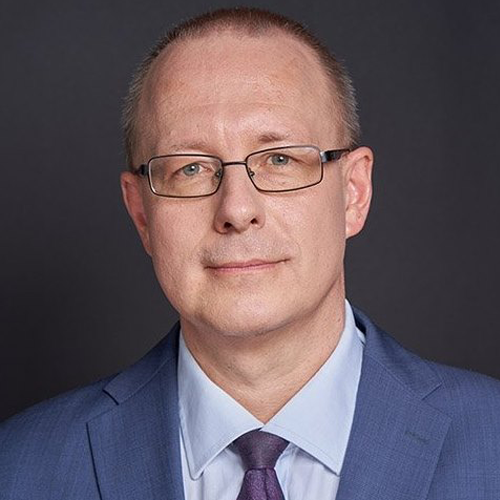
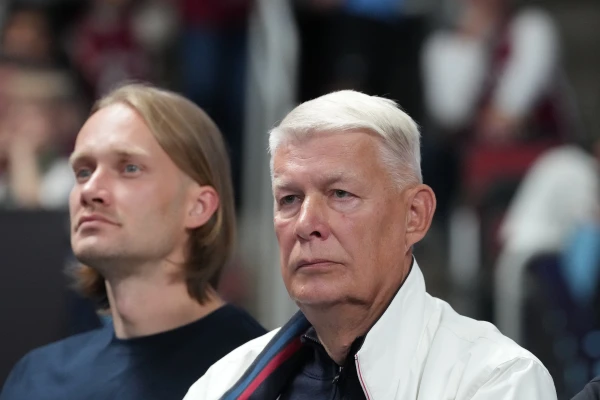
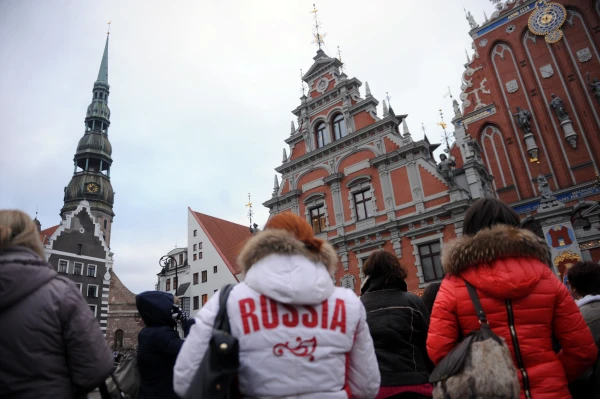
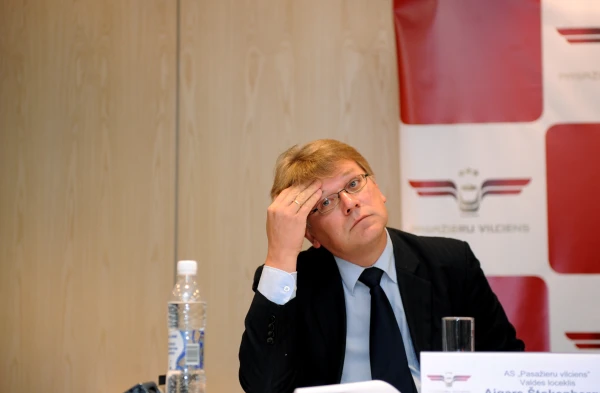
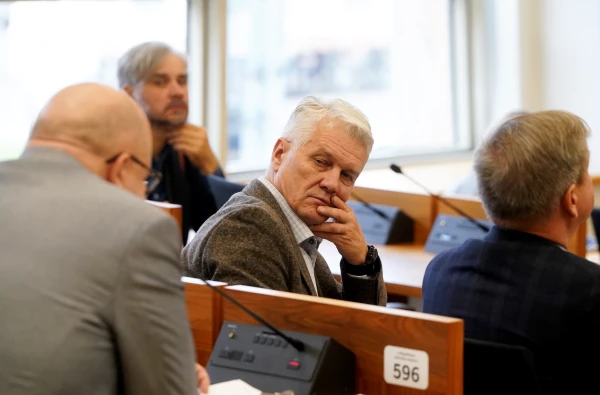
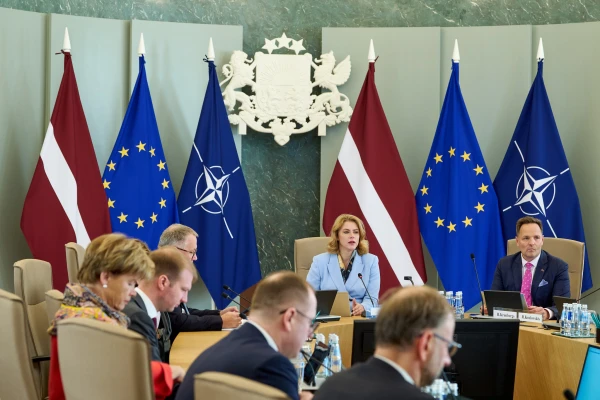
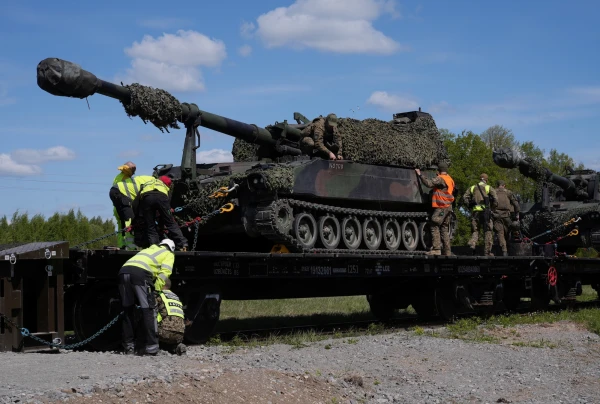
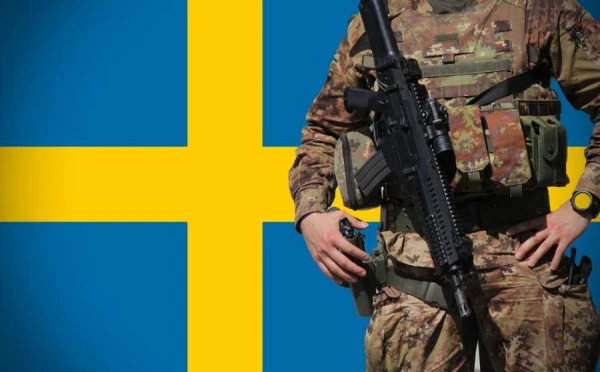
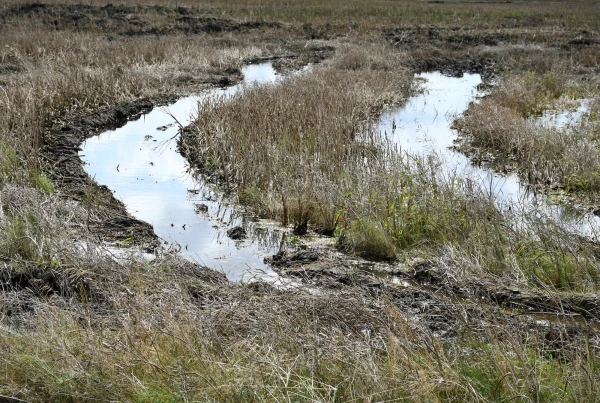
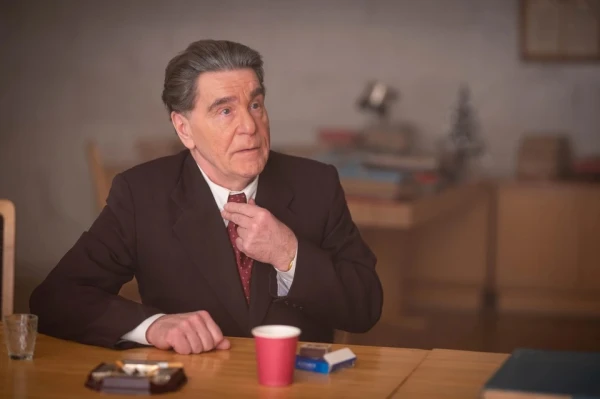
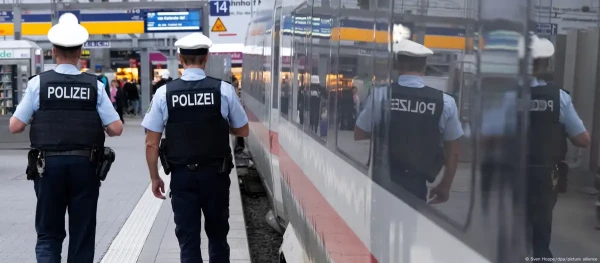
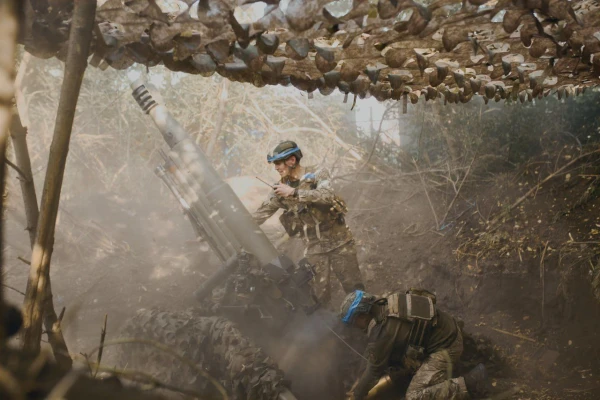
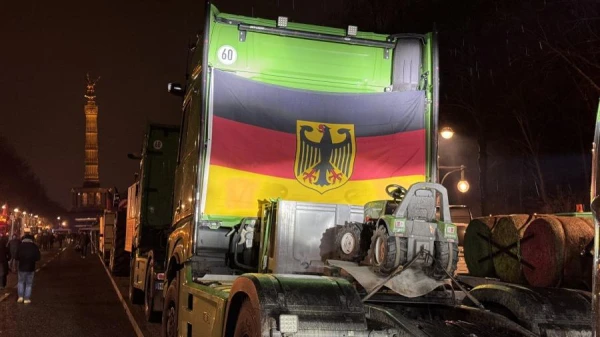
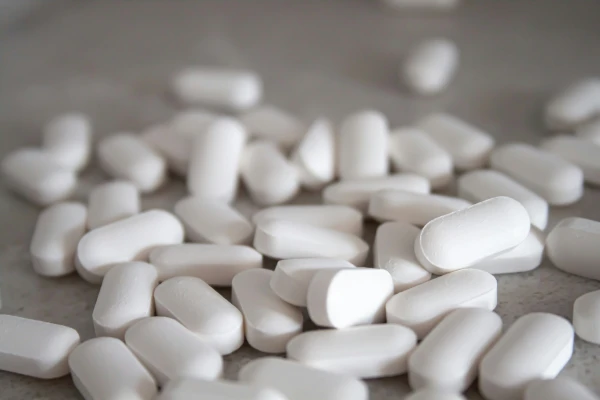
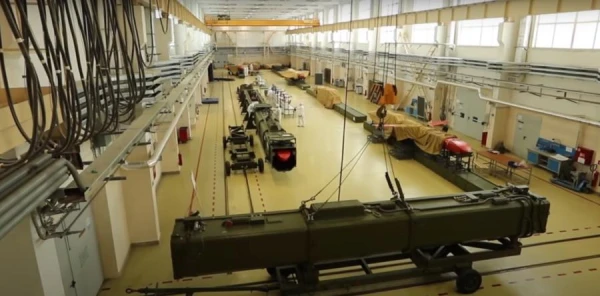
Leave a comment